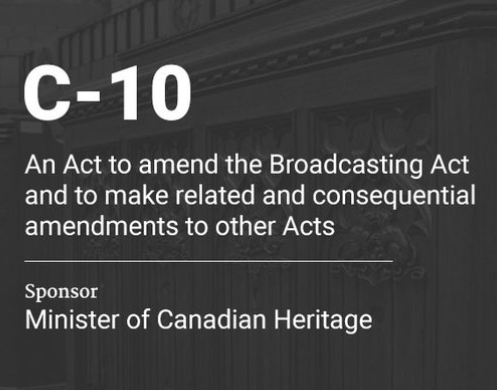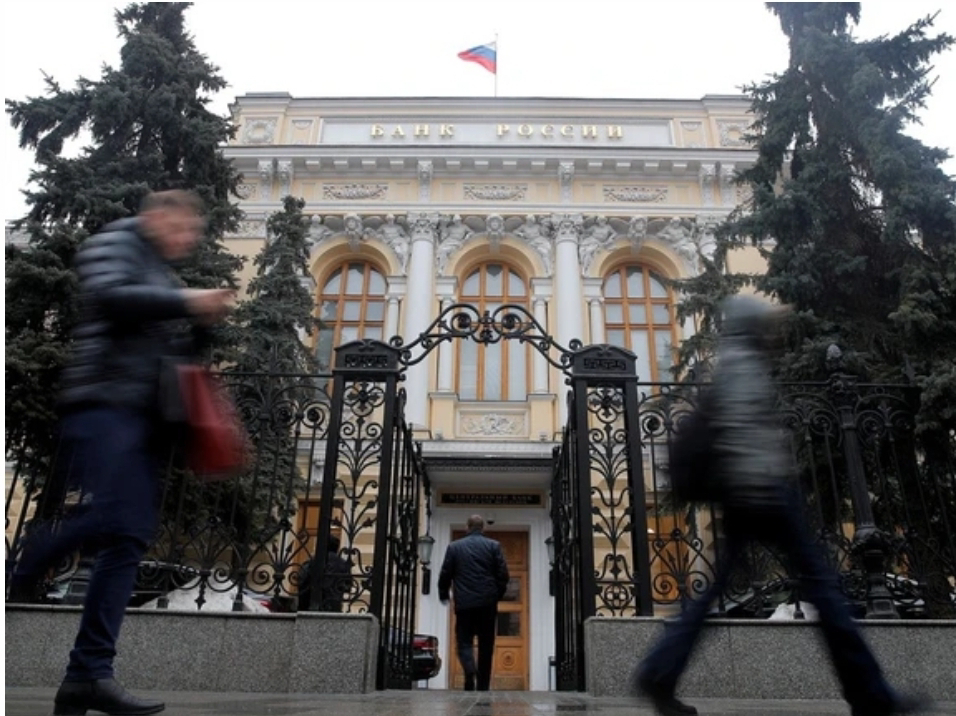Liberal, Blok memilih untuk mengakhiri studi Bill C-10 di tengah kekhawatiran kebebasan berbicara di media sosial - Liberals, Bloc vote to end Bill C-10 study amid social media free speech concerns
Kaum Liberal dengan bantuan Blok Quebec pada hari Senin memilih untuk memulai waktu untuk mengakhiri studi komite parlemen tentang RUU C-10 yang kontroversial, yang telah menjadi subjek kekhawatiran tentang kebebasan berbicara dan regulasi media sosial.
Anggota parlemen pemerintah mendukung dorongan untuk memaksakan alokasi waktu pada studi komite warisan tentang RUU tersebut, yang berarti komite sekarang akan mendapatkan tidak lebih dari lima jam lagi untuk mempelajari RUU tersebut sebelum dipotong.
Setelah waktu itu habis, RUU tersebut akan dikirim kembali ke House of Commons, di mana amandemen RUU oleh komite dapat diperdebatkan oleh semua anggota Parlemen. Setelah itu, RUU tersebut akan masuk ke pembacaan ketiga dan pemungutan suara terakhir sebelum diteruskan ke Senat, dan kemudian persetujuan kerajaan jika disahkan.
Menteri Warisan Steven Guilbeault membela batas waktu yang diperlukan mengingat apa yang dia gambarkan sebagai upaya oleh Konservatif untuk menunda RUU di komite dan beberapa hari tersisa dalam kalender parlemen sebelum liburan musim panas.
“Situasinya luar biasa dan membutuhkan respons yang luar biasa,” katanya.
Konservatif berpendapat RUU tersebut menimbulkan masalah serius dan terlalu jauh dalam mengatur media sosial, dan mengatakan lebih banyak waktu diperlukan untuk mempelajari efek RUU tersebut pada pembuat konten Kanada.
------------------
The Liberals with the help of the Bloc Quebecois on Monday voted to start the clock to end a parliamentary committee’s study of the controversial Bill C-10, which has been the subject of concerns about free speech and social media regulation.
Government MPs backed a push to impose time allocation on the heritage committee’s study of the bill, meaning the committee will now get no more than five more hours to study the bill before being cut off.
Once that time is up, the bill will be sent back to the House of Commons, where amendments to the bill by the committee can be debated by all members of Parliament. After that, the bill would go to third reading and a final vote before being passed on to the Senate, and then royal assent if it passes.
Heritage Minister Steven Guilbeault defended the time limit as necessary given what he described as attempts by the Conservatives to stall the bill at committee and the few remaining days in the parliamentary calendar before the summer break.
“The circumstances are exceptional and called for an exceptional response,” he said.
Conservatives have argued the bill poses serious problems and goes too far in regulating social media, and say more time is needed to study the effects the bill would have on Canadian content creators.
Liberals,Bloc vote to end Bill C-10 study amid social media free speech concerns,more details:
https://www.break.ma/news/2725Liberals, Bloc vote to end Bill C-10 study amid social media free speech concerns.9759


Komentar